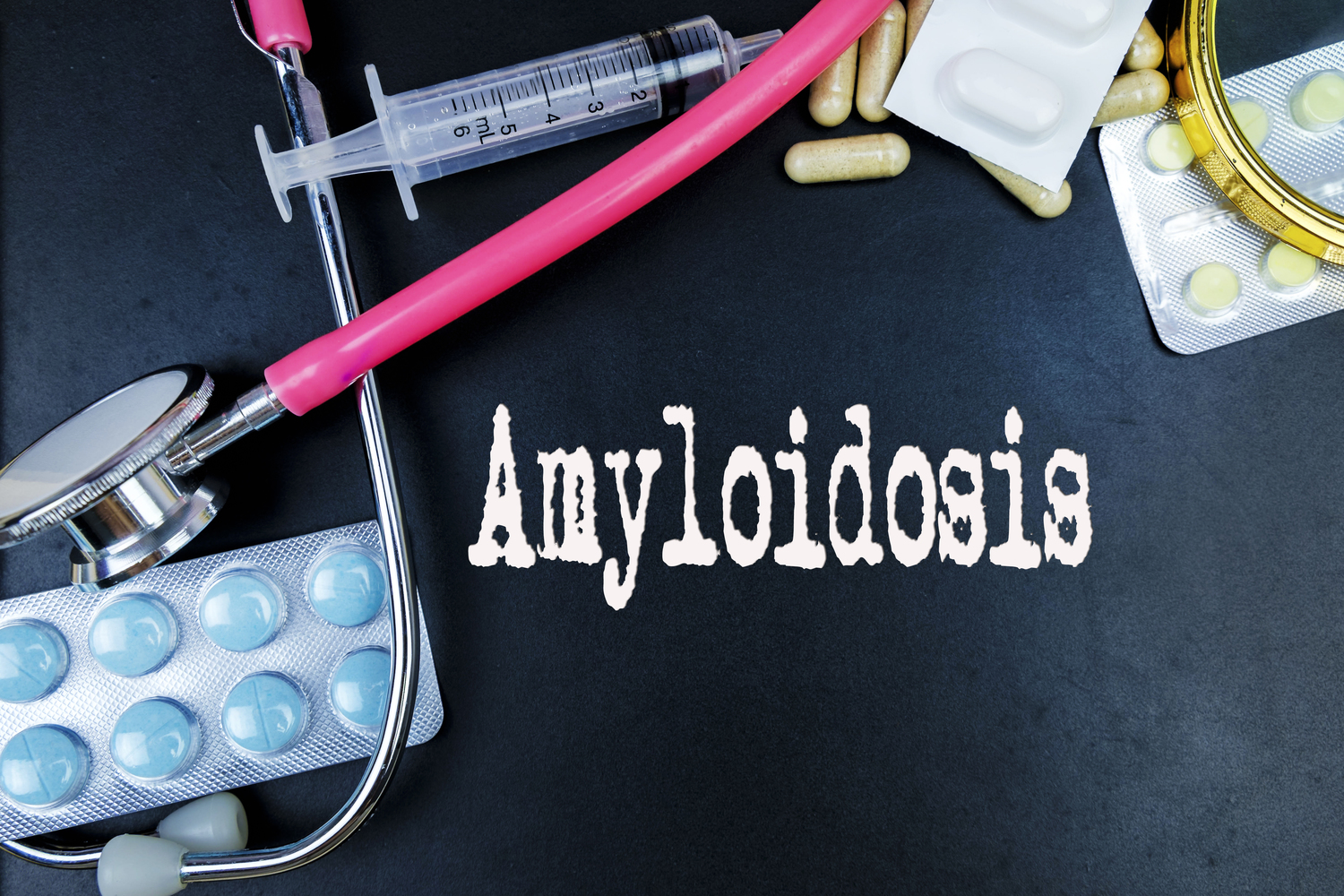
Amyloidosis – warning symptoms and treatment options
Amyloidosis is the buildup of an abnormal protein called amyloid in the body. This buildup leads to the damage of organs and eventually causes organ failure. Although amyloidosis is, it is a serious medical condition.
Warnings signs of amyloidosis
The symptoms of amyloidosis are not prevalent in the early stages but become evident when the condition is more severe. The warning signs depend on the affected organ. For instance, if the heart is affected, then the person may experience chest pain, irregular heart rate, shortness of breath, and low blood pressure among other signs, or if the liver is affected then the person may experience swelling and pain in the upper abdomen.
However, some of the general symptoms of the amyloidosis are-
• weakness,
• fatigue,
• swollen tongue,
• bruising on the skin,
• bruising around the eyes,
• tingling or numbness in the hands, and
• joint pain.
How to treat amyloidosis?
This condition is incurable. However, there are certain treatments that can be used to slow down the production of amyloid protein, which helps in reducing the symptoms of amyloidosis. Some of the amyloidosis treatment options include-
• pain relievers,
• blood thinners for preventing blood clots,
• medications for controlling the heart rate,
• medications for managing vomiting, diarrhea, and nausea, and
• diuretics for reducing the fluid buildup in the body.
Other amyloidosis treatment options depend on the type of amyloidosis.
AL Amyloidosis
Chemotherapy is used in treating this type. Although the chemotherapy medications are used for treating cancer, in this case, they destroy the abnormal blood cells that lead to the production of amyloid protein. Other types of medications used for treating AL Amyloidosis are proteasome inhibitors and immunomodulators.
Although AL amyloidosis isn’t cancerous, in some of the cases the condition is associated with myeloma. That’s why the treatments of AL amyloidosis are similar to myeloma treatments.
AA Amyloidosis
This type of condition is caused after a person gets an infection such as tuberculosis or inflammation-causing diseases such as inflammatory bowel disease or rheumatoid arthritis. The treatment of AA Amyloidosis is based on the primary cause of the condition. Antibiotics are used for treating bacterial infections and other medicines are used for managing inflammatory conditions.
Dialysis-related Amyloidosis
Long-term dialysis can result in kidney problems that cause dialysis-related amyloidosis. The deposit of amyloid protein in the tendons and joints can cause stiffness and pain. This type of amyloidosis is treated by changing the dialysis type one is resorting to. Moreover, a kidney transplant is another option for treating the dialysis-related amyloidosis.
Hereditary amyloidosis
A rare condition, hereditary amyloidosis often affects the kidneys, heart, liver, and nerves. It has been noticed that more the genetic defects, higher are the chances of a person suffering from hereditary amyloidosis. as the abnormal protein that causes this condition is produced in the liver, a liver transplant can be used as an effective treatment.


